This website uses cookies so that we can provide you with the best user experience possible. Cookie information is stored in your browser and performs functions such as recognising you when you return to our website and helping our team to understand which sections of the website you find most interesting and useful.
How to be a Responsible Traveller
Our approach to responsible travel means that we seek to minimise our impact on the environment, both at a global and at a local level wherever we operate.
Reduce waste in all its forms, Reuse resources whenever possible and Recycle at every opportunity.
We ask that our staff and travellers follow these simple guidelines, created to protect the animals, their habitats and the wider ecosystems that we encounter on our tours.
Environmental Welfare
Our approach to responsible travel means that we seek to operate in a manner that is responsible to this generation, whoever or wherever they are, without compromising the potential of future generations.

Wildlife
Tucan Travel is committed to the protection and compassionate conservation of all animals, whether wild or domesticated. We recognise that many of our tours offer our travellers the opportunity to be in the same space as many wild and endangered animals.
We ask that our staff and travellers follow our simple guidelines, created to protect the animals, their habitats and the wider ecosystems that we encounter on our tours.
Waste
We ask that our staff and travellers reduce waste in all its forms. For example, Tucan Travel no longer prints brochures or tour catalogues to reduce paper waste. In our offices we use toilet paper and paper towels made of recycled materials or materials from renewable/sustainable sources and recycle on a regular basis.
Our travellers can reduce unnecessary printing by storing traveling documents / itineraries / travel notes in electronic format. There are a number of mobile phone applications that can help, including translation and language apps that can help you to get to grips with the language.
There are other simple things that can help:
Avoid single use plastics whenever possible
Take your own water bottle to refill when you can
Reduce the number of plastic bottles used for toiletries
Soap bars can be taken in hand luggage! Bar soap lasts longer than liquid soaps – an economic and environmental no brainer. Shampoo and Conditioner bars also available.
Shop at the local market and use your own bag to reduce plastic
Reduce food waste – we all love to explore new flavours and tastes on holiday – but we should be as mindful of food waste on holiday as we would be at home. Only order what you can comfortably eat to prevent food wastage
Dispose of all waste appropriately – if you are unsure of what to do talk to your tour leader
Recycle cans, paper and plastics if facilities exist at the hotel or guest house – if there are no suitable facilities on site, take the waste with you until it can be safely recycled and suggest to the facility that they may want to make recycling available
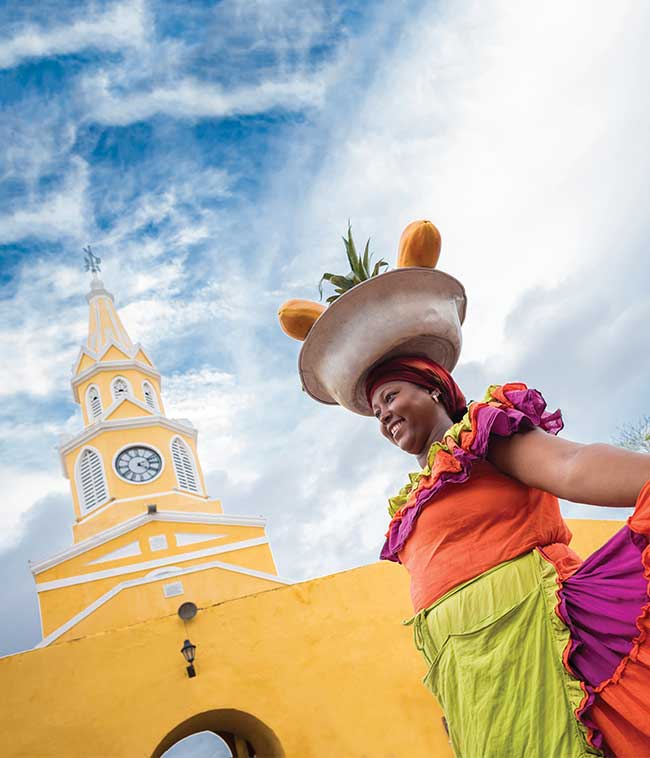
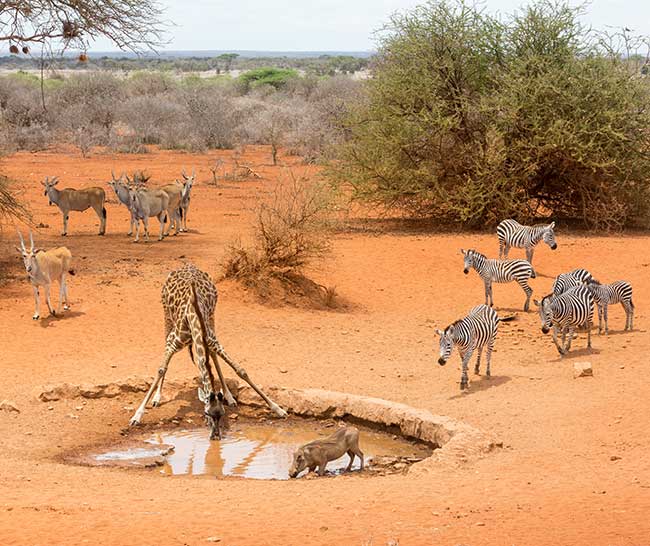
Water
We ask that our staff and travellers conserve water wherever they are. Of course, water is more of a scarcity in sub saharan Africa than it is in Berlin. But by conserving water wherever we are whatever we are doing, we are not only being responsible, but we are acting as role models for others. Tucan Travel believe that conserving water is everyone’s responsibility, and know that our travellers agree.
On tour, our tour leaders and guides will offer practical advice on how to conserve water. We ask that everyone follows the advice of local staff.
There are other simple things that can help:
Never use running taps for washing up or for cleaning your teeth
Take showers not baths! A five minute shower may use 20 gallons of water. A bath may use from 35 to 50 gallons!
Switch the shower off while you are soaping yourself and switch on again to rinse off
Whenever possible use environmentally-friendly biodegradable cleaning products
Hotels use vast amounts of water washing linen every day. If you are staying in a hotel more than one night, fold / hang up your towels to show they don’t need cleaning that day. Where signage is not displayed this practice let the hotel or guest house know you would prefer to reuse towels.
With water comes the question of plastic.
We look to avoid the use of single use plastics either in our offices and on tour. We encourage our staff and travellers to use refillable bottles whenever possible.
This is great when you are in a developed area with a clean drinking water supply. However, many of our tours travel to locations where the water supply may be scarce, and others where we cannot guarantee that the water is safe to drink. When this is the case we suggest travellers fill their water bottles in accommodation and /or restaurants when it is safe to do so. On our overland tours in Africa we suggest buying large water containers (5 litres or so) to top up refillable bottles. This is not ideal, but safer than drawing water from an unsafe supply.
Whilst some people may choose to use water filtration tablets, we do not recommend or endorse any particular form of water purification and stress that travellers use this method at their own risk. We also strongly recommend that travellers consult their own medical practitioner prior to using water purification methods.
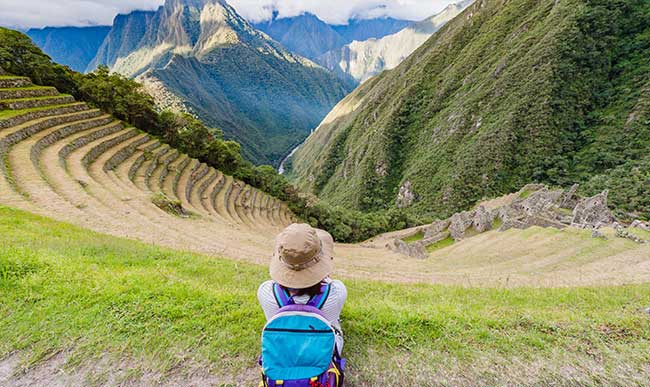
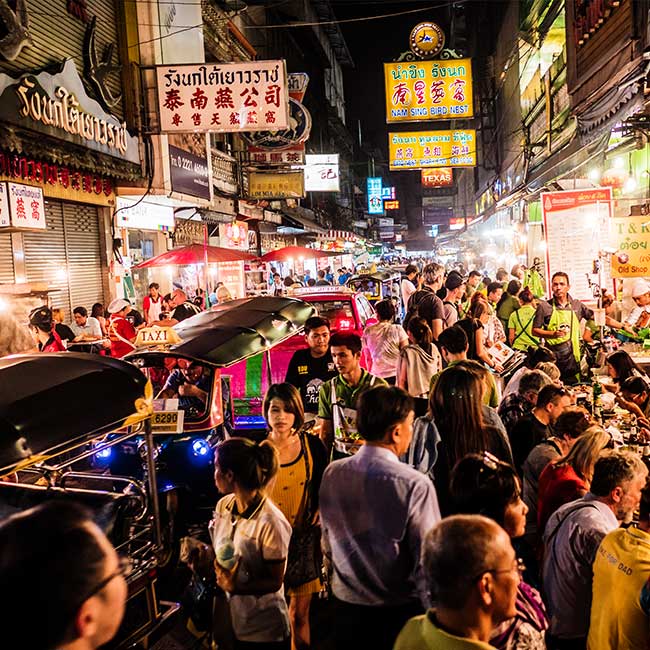
Energy
We ask that our staff and travellers conserve energy, in all its forms, wherever they are. Often it is just being as careful with energy consumption on tour as we would at home. For example, do you really need to use the air conditioning? In many of the places we visit, air conditioning is only fitted to meet the expectations of foreign tourists. Whilst this may give you the feeling of temporary comfort it may place unnecessary strain on the local power network. Often local power supply infrastructures in developing countries are old, overloaded or unreliable. Be prepared to experience blackouts or power cuts – it is always handy to pack a small torch when visiting developing countries.
On tour, Tucan Travel tour leaders and guides will offer practical advice on how to conserve energy. We ask that everyone follows the advice of local staff.
There are other simple things that can help:
Be as mindful of using electricity in a hotel or guesthouse as you would in your own home
If you are using air conditioning, do not leave it running for long periods of time or when you are out of the room
Appliances should be turned off and plugs pulled out of sockets rather than left on standby
Turn off the lights, air conditioning, fans, TV whenever you leave a room
Reconsider whether you need new towels every day and let the hotel or guest house know if they would prefer to reuse towels
Use rechargeable batteries rather than disposable ones when possible
Transport
On most of our tours we use varied local transport, such as local buses, trains, ferries, pooled taxi services and tuktuks and human-powered transport such as rick-shaws. By sharing this widely-available transport we are able to reduce our impact on the local environment and reduce emissions while maximising our contact with local people and supporting local businesses.
Where it is not practical to travel by public transport we will opt for private transport which is operated by a local company, thus providing economic benefit to the local region and also reducing the amount of mileage required. Private vehicles also allow us make stops where local transport cannot, therefore providing business to other restaurants and shops which are not on the major tourist routes.
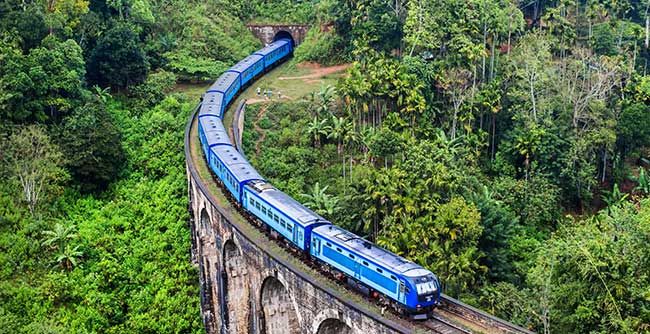
We are passionate adventure travelers who want to share the world and our travel experiences with everyone…
